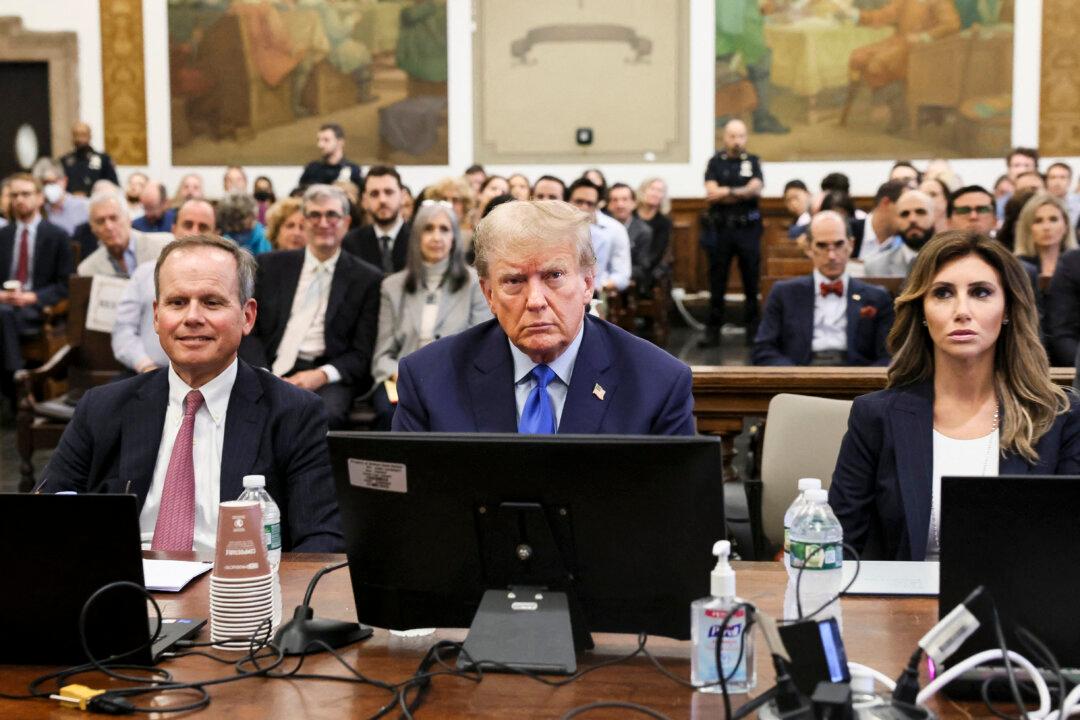Opening statements for the first criminal case against former President Donald Trump to go to trial are set for Monday morning, April 22, in downtown Manhattan. The former president faces a total of 88 criminal charges across four indictments, down three after a Georgia judge struck several counts from a racketeering indictment weeks ago.
Jury selection was finalized on Friday, seating 12 jurors and six alternates.





